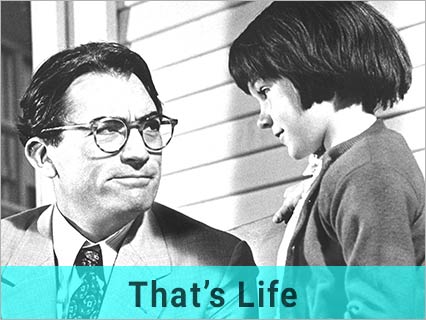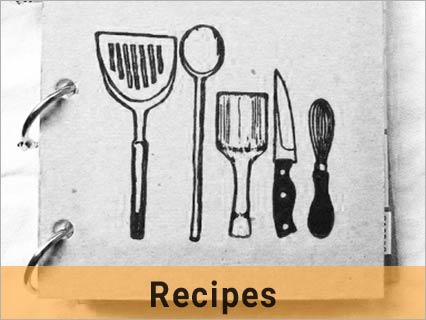he number at the bottom
29 May 2018
Dear LPG,
I read with interest your article dated May 1st 2018 which had the title ‘Know what you are measuring‘ and was about blood pressure and how to read the machines that are so common these days. High or low blood pressure is something that many of us tend to suffer from as we get older, and it was good to find a simple explanation about how it all works.
The one thing that was not explained was the significance of the reading that is usually found at the bottom of the three that a blood pressure reader offers.
This is more than likely to be the pulse rate reading and it also has significance when we are talking about the health of your heart. Simply put and although there are exceptions, it is generally accepted that one’s resting pulse should be beating at between 60 and 100 beats per minute although, within those parameters, the rate will change a little as we get older and depending on how much exercise we get. This means that you need to be relaxed before you start to check it.
Your pulse rate is also likely to fluctuate after you do a bit of exercise or if you are subject to a bit of a shock or a surprise of the sudden variety. As we get older it becomes less likely, but those of us who still do relatively heavy amounts of regular exercise will find that to be another factor that affects the reading while any medication you take could also have an effect. In fact, for some, just having it measured will cause sufficient concern to affect the way it behaves but it is still good do know where yours is up to. You need to check a few times to make sure but it is generally recommended that you make an appointment to have it checked by your GP if your reading is over the afore mentioned 100 beats per minute as a rule; just as a precaution.
I hope that this simple explanation helps, or at least fires the interest of your readers to learn a little more about their heart-health although have no special medical training. I used to work as an aerobic exercise instructor which is where my limited knowledge on the subject comes from.
AJ, Forest Hill
As ever, LPG got Googling and came up with the following …
Even if you do not have a blood pressure reader, and although they are generally accepted as more accurate, you can still check your heart rate. See the link below to find out how…
Here is some other information on the subject







